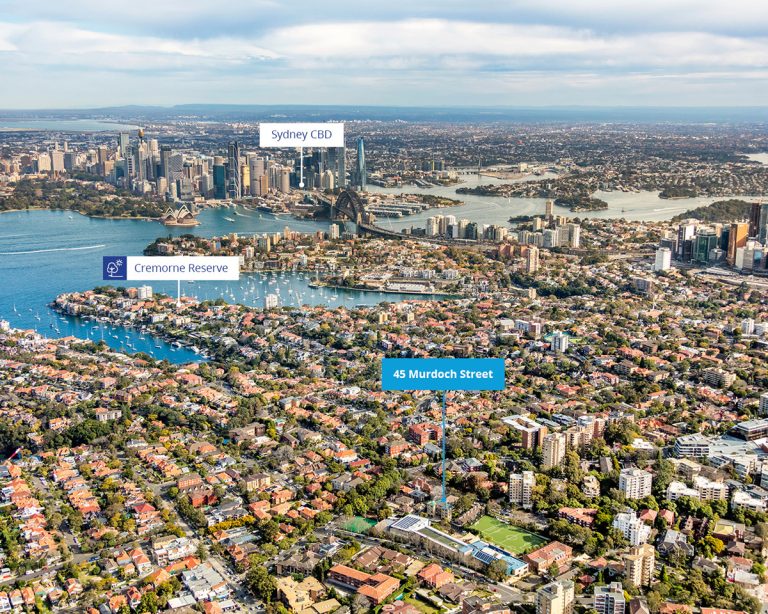This scheme has been introduced to assist people whose homes were destroyed during the 2019/20 NSW bushfires and who choose to purchase a replacement property elsewhere rather than rebuild.
Anyone who meets the requirements for receiving this assistance will either:
- not have to pay stamp duty
- pay a reduced amount of stamp duty, or
- receive a refund of all (or some) of the stamp duty paid.
The application period is effective from 3 March 2020 until 2 March 2022.
Transfer duty relief will be available up to the value of $55,000, which is approximately equal to the duty on a property priced at around $1.25 million. If the value of the property is over $1.25 million, duty will be capped at a reduction of $55,000.
Applicants
To be eligible for the scheme:
- the applicant(s) must be a natural person(s)
- the applicant(s) must have been, or continues to be an owner(s) of a residential property, located in the defined disaster area for the eligible disaster; and
- the residential property was their principal place of residence when it was destroyed.
The following applicants are not eligible for the scheme:
- companies
- partnerships
- people in their capacity as trustees.
However, a trustee is eligible if:
- the trustee is the guardian of a person under a legal disability and that person is the owner who will be occupying the home as their principal place of residence, or
- the trustee is an apparent purchaser of a kind referred to in the Duties Act 1997 (NSW) and the real purchaser is an affected owner of the principal place of residence.
Agreements or transfers
To be eligible for the scheme:
the applicant(s) must enter into an agreement or transfer to purchase either:a home intended to be a principal place of residence to replace the property destroyed, or
- vacant land that is residential land intended to be used as the site of a replacement property.
- the agreement or transfer must be for the whole of the property
- the agreement or transfer for the replacement property is to match the ownership of the destroyed home (no change in beneficial ownership).
Conditions
If granted, transfer duty relief may be provided subject to the following conditions:
- In the case of an agreement or transfer for the purchase of an existing home or a new home (including an off-the-plan purchase agreement), the applicant must meet the residence requirements:
- The home must be occupied by at least one of the applicants who is acquiring it as a principal place of residence for a continuous period of at least six months, with that occupation starting within 12 months (or such longer period as the Chief Commissioner may approve) after completion of the agreement or transfer.
- The Chief Commissioner may, if satisfied there are good reasons to do so modify the residence requirement by approving a shorter period of occupation by an applicant.
- In the case of an agreement or transfer for the purchase of vacant land, the applicant must meet the construction requirements:
- The Chief Commissioner must be satisfied that the vacant land is intended to be used as the site of a home to be occupied by the applicant(s) as their principal place of residence;
- The agreement or transfer is not eligible unless the laying of the foundations for the home commences:
- within 26 weeks after the agreement or transfer is completed or, in the case of a transfer executed otherwise than in conformity with an agreement, when the transfer occurs, or
- within any longer period allowed by the Chief Commissioner if satisfied there are good reasons to do so; and
- The applicants must also meet the residence requirement (as above) with the 12-month period for commencing occupation to begin on the date of issue of an occupation certificate from the certifying authority.
If you would like further assistance with this process, please contact our office and we can assist you with the next steps.
Important Disclaimer: The content of this publication is general in nature and for reference purposes only. It is current at the date of publication. It does not constitute legal advice and should not be relied upon as such. Legal advice about your specific circumstances should always be obtained before taking any action based on this publication.





